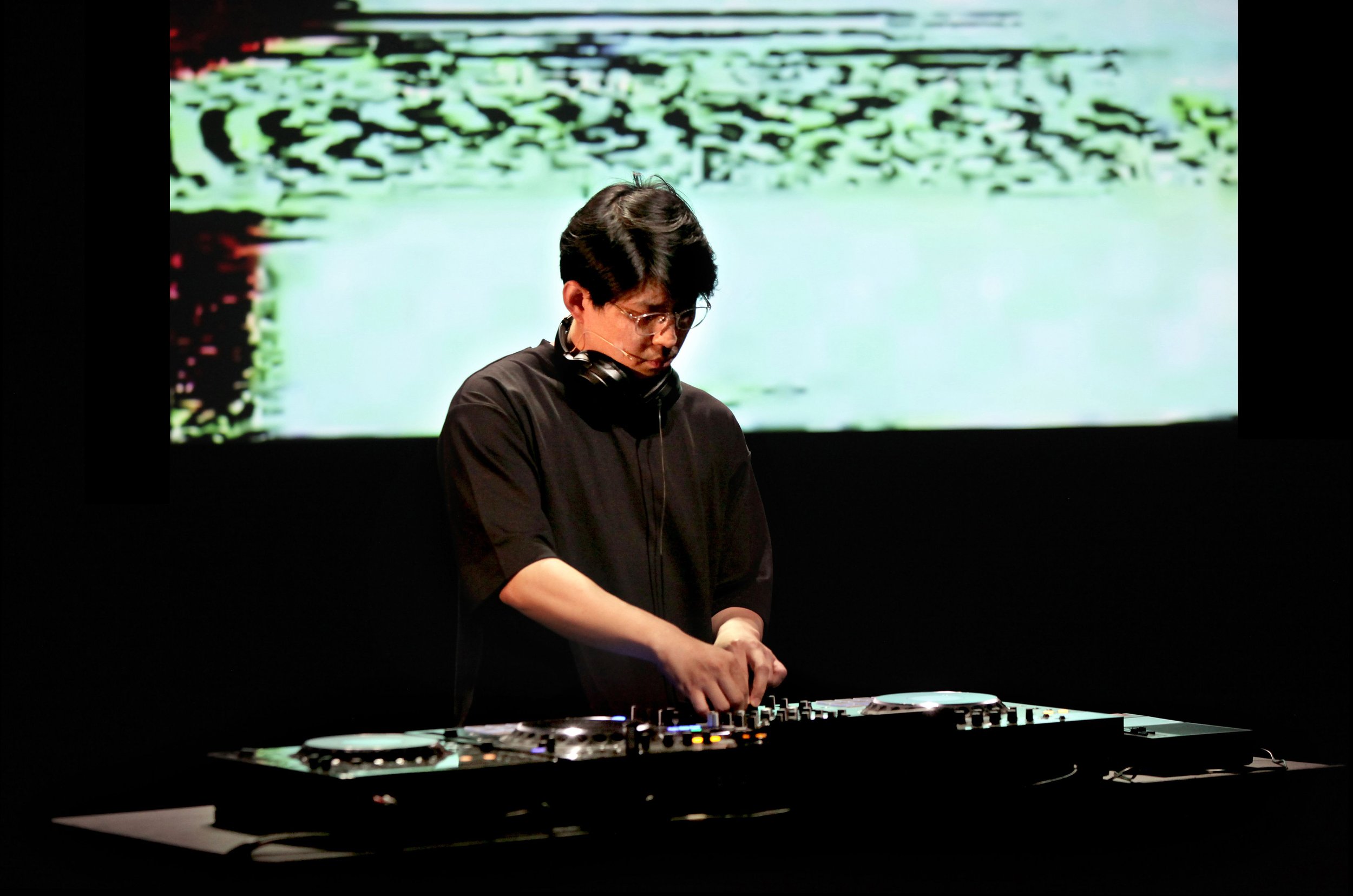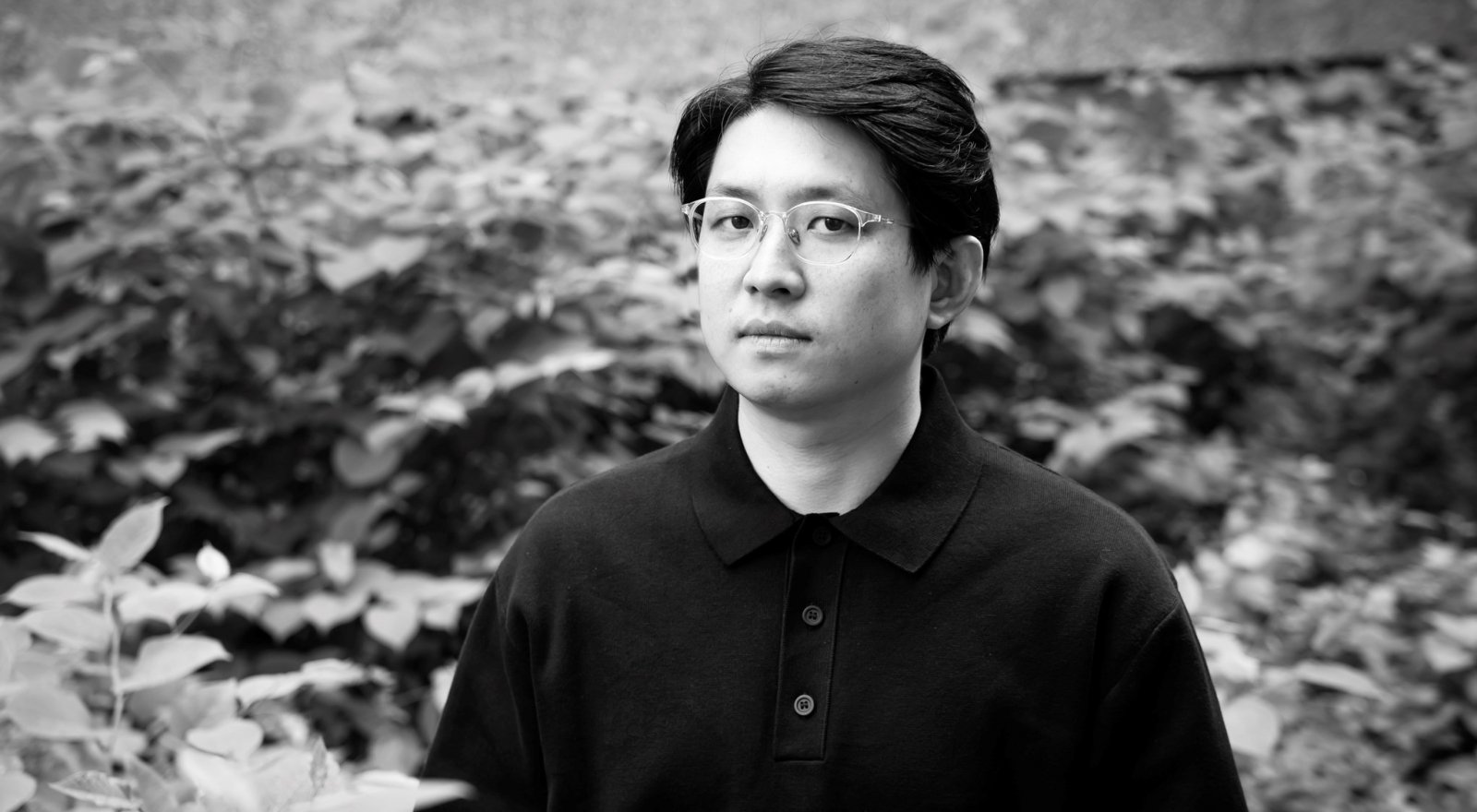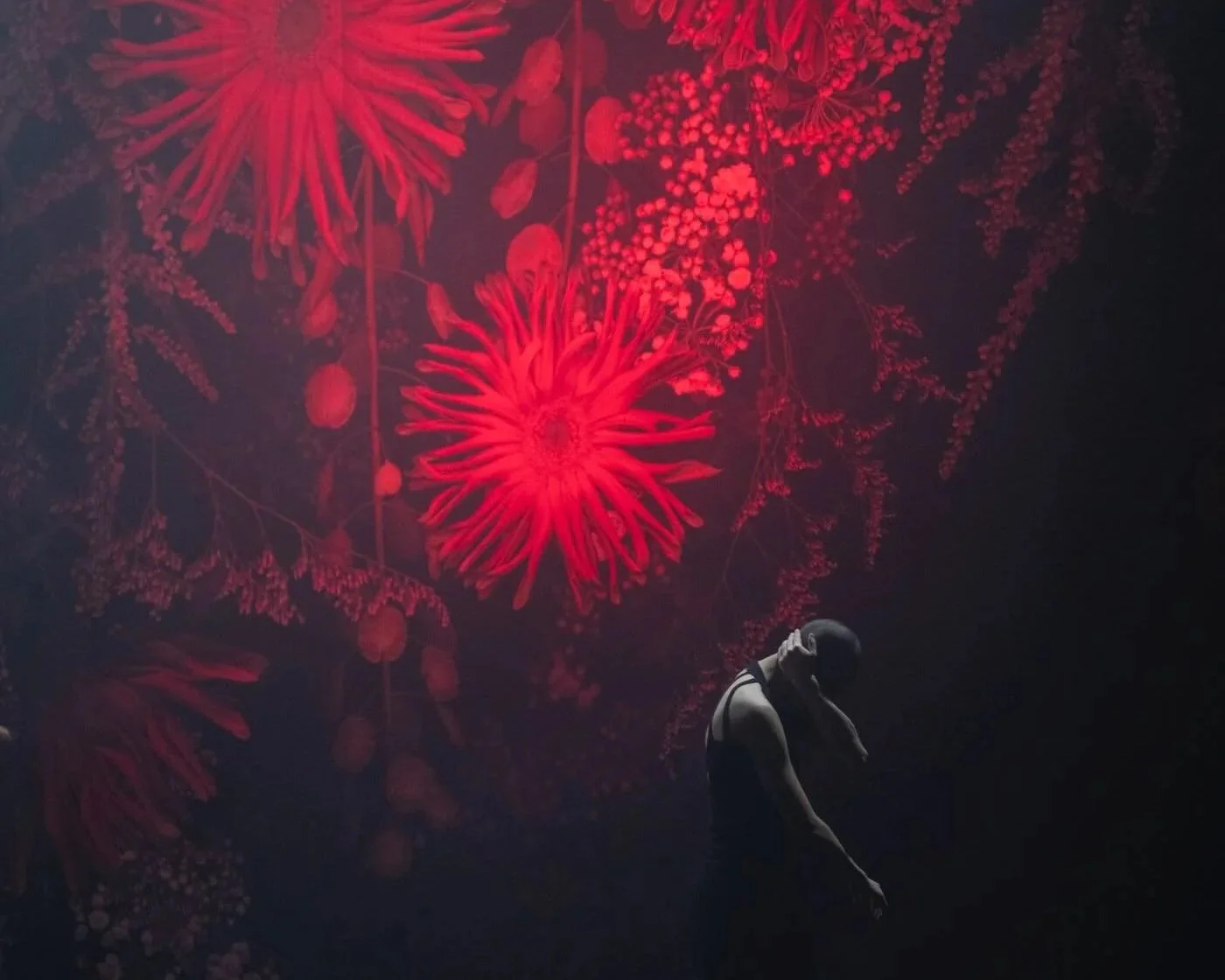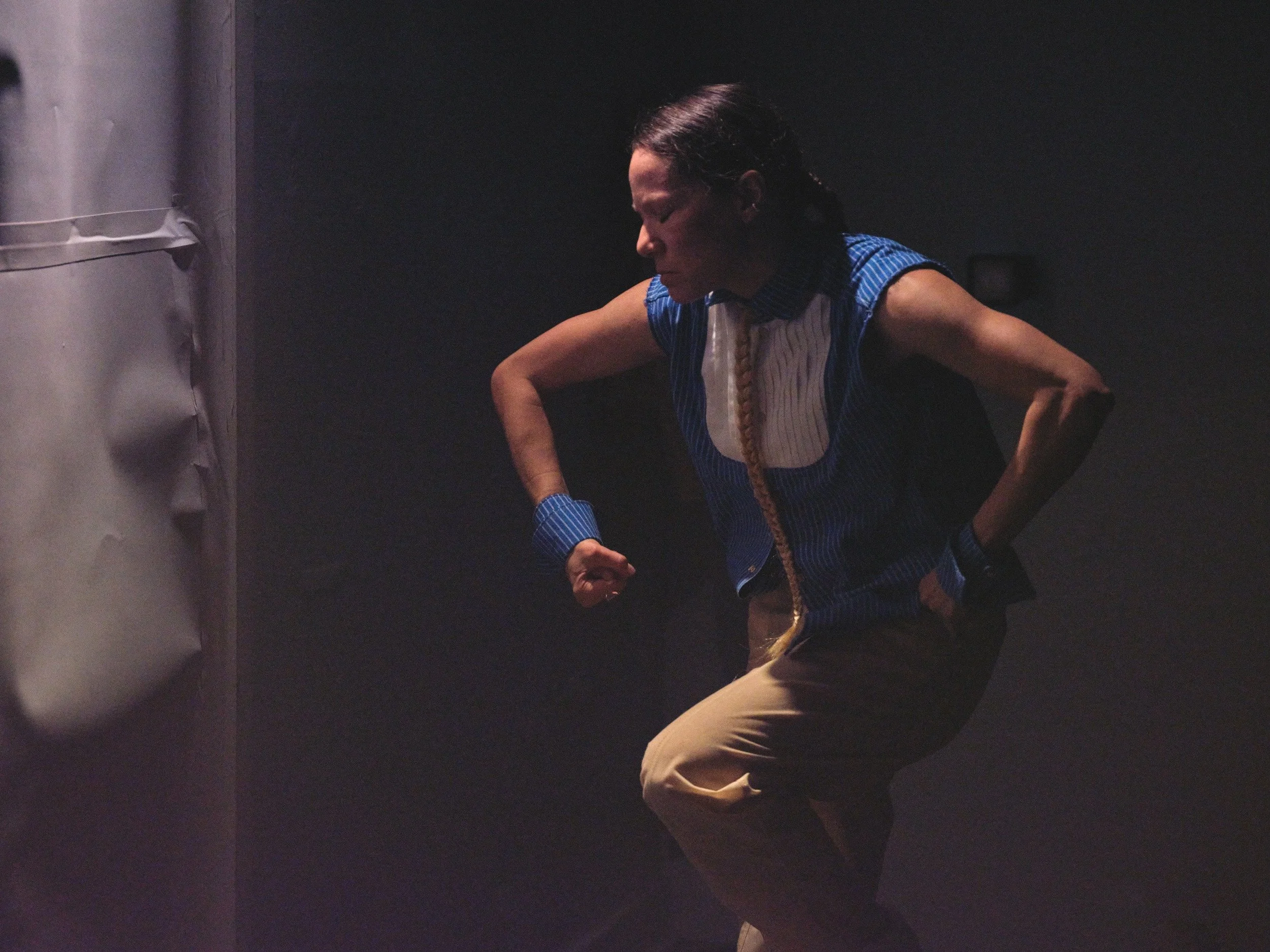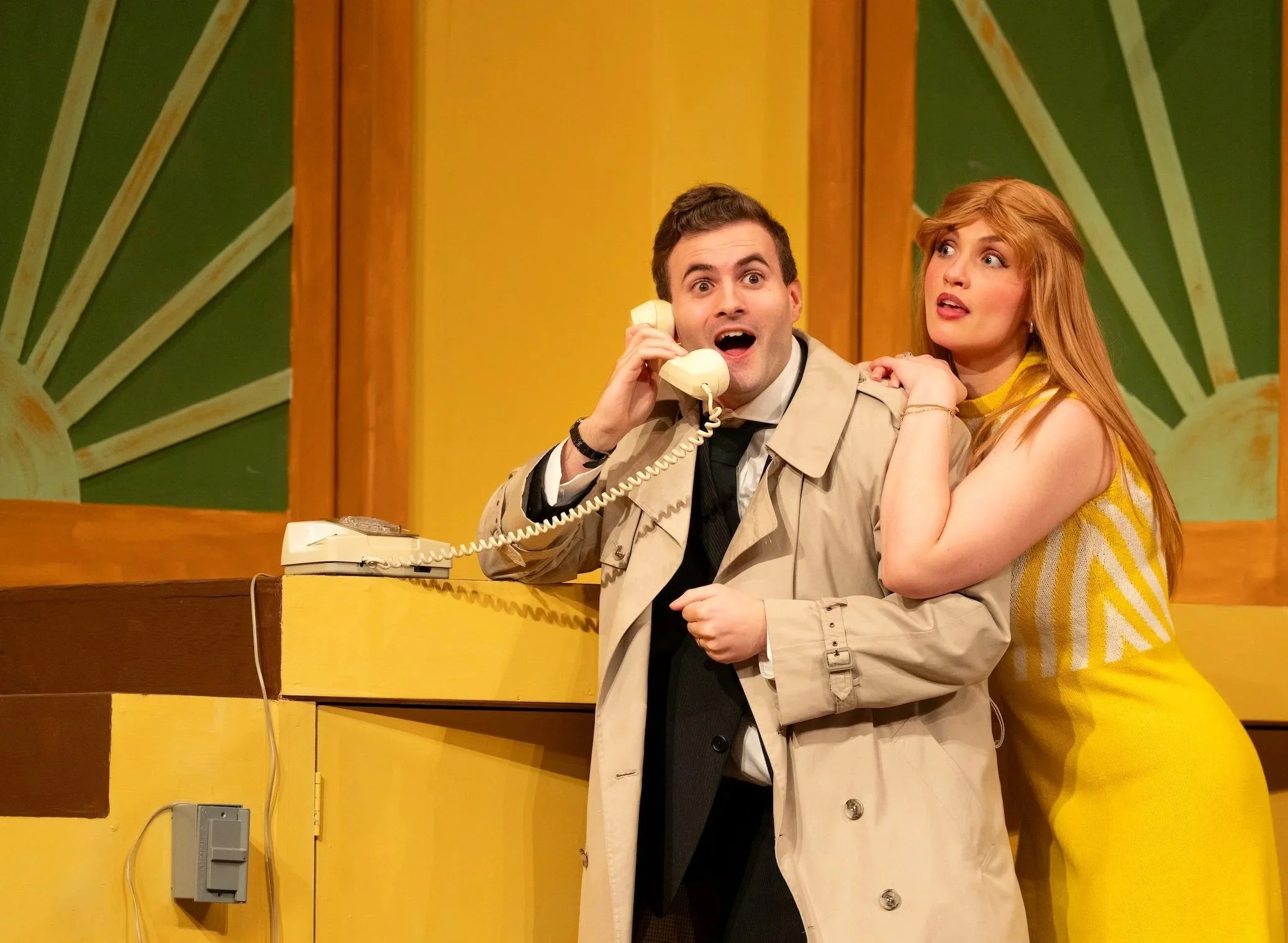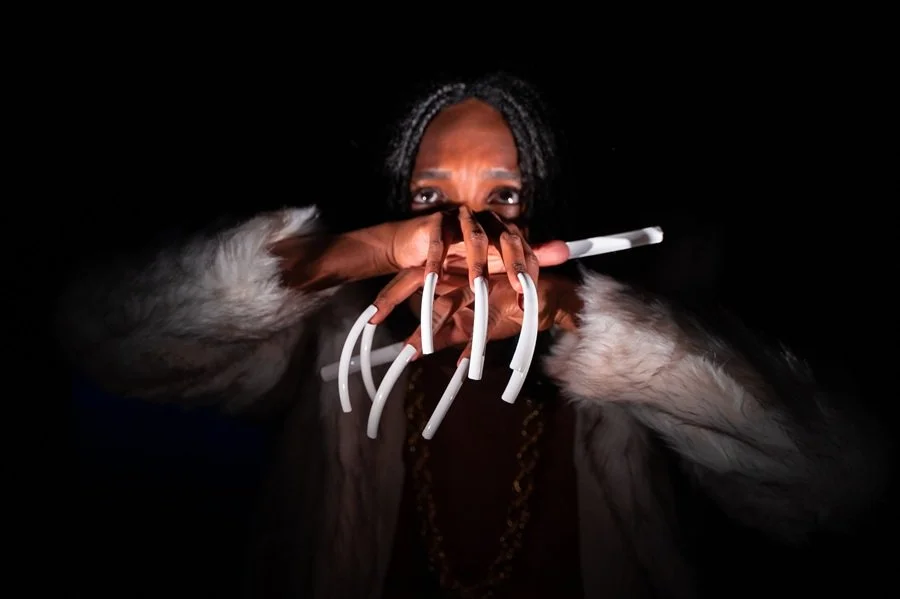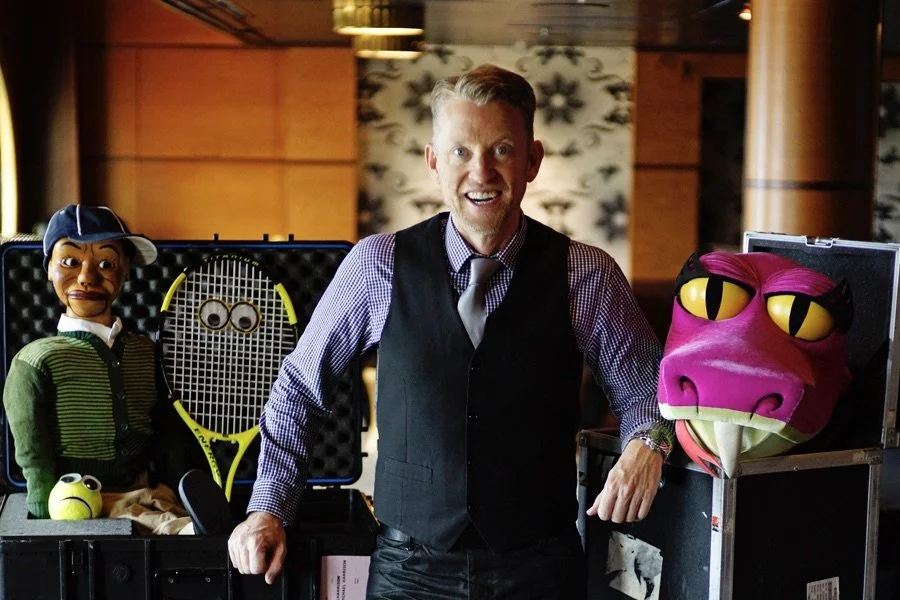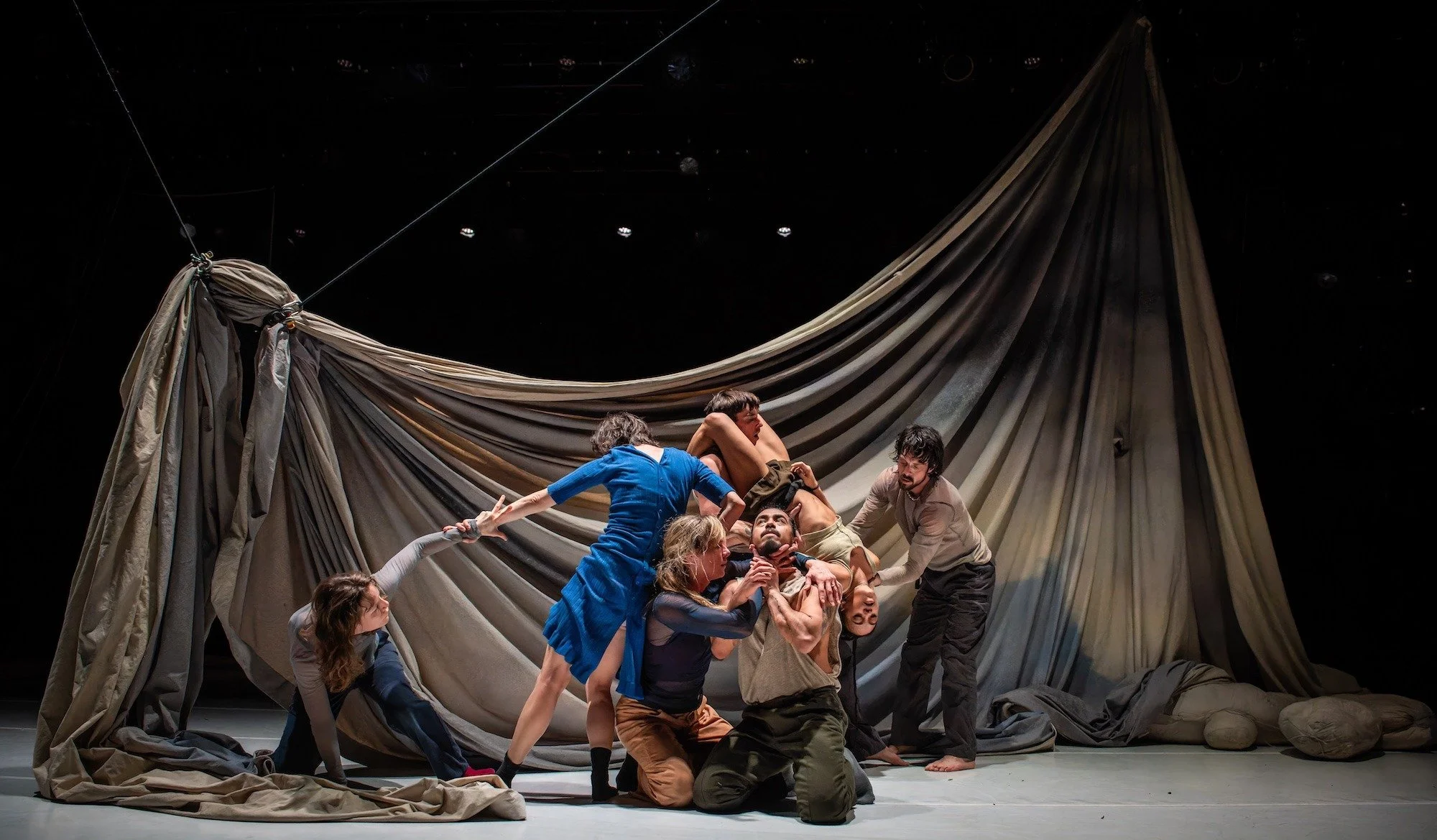At PuSh Festival, Jaha Koo explores linguistic imperialism in Lolling and Rolling
The South Korean, Belgian-based multimedia artist uses “tongue-tie surgery” as a jumping off point to delve into cultural identity
Lolling and Rolling, Jaha Koo. Photo by Marie Clauzade/Lennert Hoedaert
PuSh Festival presents Lolling and Rolling from January 19 to 21 at 7:30 pm at Performance Works and from Jan 19 to 22 online
“TONGUE-TIE SURGERY” was, for many years in multimedia artist Jaha Koo’s home country of South Korea, a phenomenon. Parents would bring their very young children, usually under age five, into clinics to have a membrane under the tongue snipped in order to make the muscle longer, more flexible, and, supposedly, better able to pronounce the English “r” sound—so that words like rice would not sound like lice. Many people believed the procedure known as frenectomy was essential to speak English properly.
The surgery itself has waned in favour since its peak in the 2000s, but the fervour for perfect English in South Korea generally has not. Koo is now based in Ghent, Belgium, where he creates performance pieces that meld theatre, text, music, and video. Lolling and Rolling is one such work. Coming to Vancouver as part of the 2023 PuSh Festival, it’s one in which Koo explores the absurdity of tongue-tie practice, using the controversial surgery as a jumping-off point to dive deeper into colonialism, war, political power, cultural identity, and more.
“For my research for Lolling and Rolling, tongue-tie surgery was the big issue in Korean society,” Koo tells Stir via a Zoom interview. “People don’t do this surgery anymore; they realize that this surgery is not helpful for our pronunciation. They stopped doing that, but the obsession, the craziness, moved in another way—through education programs. Some children are forced to speak English at home with their parents or they are sent into English kindergarten. English kindergarten is very expensive, the tuition fees. So rich people can send their children, and the gap between rich and poor has grown.
“A contemporary issue in our society I want to think about is the core, essential problem: if we use only English and start to lose our Korean, then what happens?” Koo adds. “If I cannot express myself, then English linguistic imperialism takes over. If I cannot speak in English well, I have to be quiet. I don’t have any ability to say something, to claim something…to exist.”
Jaha Koo. Photo by Bea Borgers
Koo, who earned his BFA with a major in theatre studies in Seoul in 2012, went on to study independent theatre, acquiring his master’s degree in 2016 in Amsterdam. He recalls being shocked when he first started studying theatre in Korea: the vast majority of works were western, from ancient Greek to modern American plays, from Shakespeare to Moliere. About 20 percent of the curriculum was Asian, Korean theatre lumped in with that of Japan and other countries.
First created in 2015, Lolling and Rolling is part of Koo’s Hamartia Trilogy. The autobiographical series also includes Cuckoo (2017) and The History of Korean Western Theatre (2020). Koo, who launched an international tour in 2015, has worked out of CAMPO, an art centre in Ghent, since 2017.
He has revised Lolling and Rolling since its premiere to reflect his global travels and his experiences with English as the international language—the language of power.
The work features Koo mixing music from behind a turntable as he speaks to the audience; behind him are two screens that play video footage to complement his monologue.
Lolling and Rolling is very much inspired by history—familial, political, and cultural. Over the centuries, Korea has been impacted by Chinese invasion and colonization by the Mongol Empire and Japan. Before moving to Seoul around age 11, Koo lived in a mountainous region of South Korea, becoming close to his beloved late grandmother. Her generation was impacted by oppressive Japanese rule, which, among other things, excluded the Korean language from the educational curriculum.
“My grandmother’s experience during the colonial period became a part of her identity, but her cultural identity could not be modified easily, even though they [the Japanese] tried to put in lots of effort,” Koo says. “That became a thematic motivation for me. My grandma is a big part of my life, and how I keep her wisdom is a big metaphor and an important philosophy in this trilogy.”
Koo’s parents, who now live in Belgium, experienced the pressure of having to have excellent English skills while in South Korea; his father, for instance, had to improve his proficiency in order to be promoted at work. Koo’s generation was heavily influenced by American pop culture, and, try as he might, he says his English reading skills remain far better than his speaking skills. Studying for his master’s degree in English was very hard. His multimedia work is, in a sense, a way for him to incorporate other languages into his art.
“Lolling and Rolling is about language, and at the same time I’m using the diverse languages of music, video, sound, turntables, and theatre,” Koo says. “What's the meaning of language? This is my artistic purpose, or the direction I went in in reworking Lolling and Rolling.”
Living in Europe has exposed Koo to so many different linguistic accents; what he has noticed is that, generally, people from around the world don’t seem to have any hang-ups about speaking English with an accent, whether it’s Chinese, Japanese, or Hindu. But many Korean people, he says, feel embarrassed to speak with their accent or to publicly use their own pronunciations of English words. He recalls Korean people mocking former Secretary-General of the United Nations Ban Ki-moon’s pronunciations of certain terms. “At that time, Korean people were laughing because his English is very funny; he speaks in the Korean way, he doesn’t use the American way,” Koo says. “It’s still the same. If I speak this way, with Korean pronunciation, many people will laugh or think ‘Oh, poor Jaha.’


